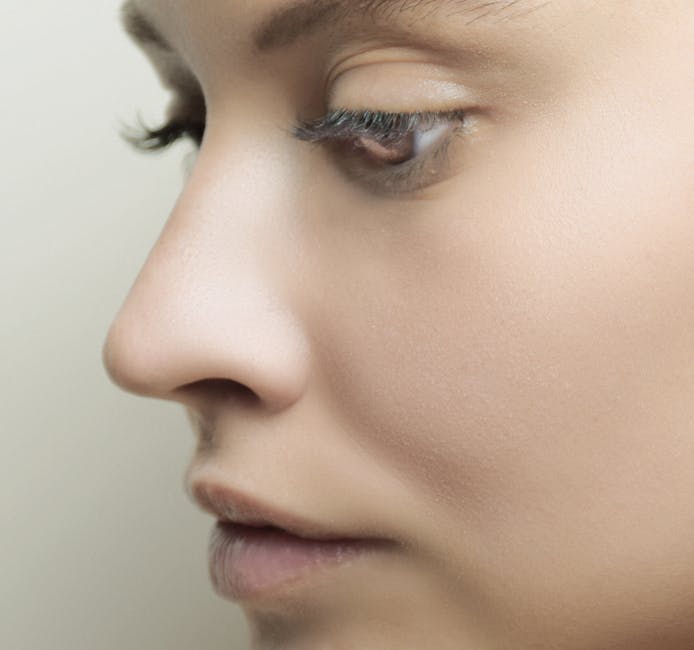How To Cure Acne: A Comprehensive Guide
Acne is a common skin condition that affects millions of people worldwide. It is caused by a combination of factors, including genetics, hormones, and bacteria. While acne is not a serious medical condition, it can be a source of significant emotional distress for those who suffer from it.
There are a number of different ways to treat acne, depending on the severity of the condition. Some of the most common treatments include:
* **Topical treatments:** These are applied directly to the skin and work by killing bacteria, reducing inflammation, or unclogging pores. Some common topical treatments include benzoyl peroxide, salicylic acid, and retinoids.
* **Oral medications:** These are taken by mouth and work by reducing the production of oil, killing bacteria, or reducing inflammation. Some common oral medications include antibiotics, isotretinoin, and birth control pills.
* **Light therapy:** This involves exposing the skin to light, which can help to kill bacteria and reduce inflammation. Some common light therapies include blue light therapy and photodynamic therapy.
* **Chemical peels:** These involve applying a chemical solution to the skin, which causes the top layer of skin to peel off. This can help to unclog pores and reduce acne.
* **Microdermabrasion:** This involves using a fine abrasive material to remove the top layer of skin. This can help to unclog pores and reduce acne scars.
In addition to these medical treatments, there are a number of things you can do at home to help reduce acne. These include:
* **Washing your face twice a day with a gentle cleanser:** This will help to remove dirt and oil from your skin.
* **Moisturizing your skin regularly:** This will help to keep your skin hydrated and prevent it from becoming dry and irritated.
* **Avoiding touching your face:** This will help to prevent bacteria from spreading to your skin.
* **Eating a healthy diet:** Eating a diet rich in fruits, vegetables, and whole grains can help to improve your overall health and reduce inflammation.
* **Getting enough sleep:** Sleep is essential for overall health, including skin health. When you don't get enough sleep, your body produces more of the hormone cortisol, which can increase oil production and lead to acne.
Acne can be a frustrating condition, but it is important to remember that it is treatable. With the right treatment, you can clear your skin and improve your self-confidence.
Here are some additional tips for curing acne:
* **Be patient:** Acne can take time to clear up. Don't get discouraged if you don't see results immediately.
* **Stick with your treatment plan:** It is important to stick with your treatment plan, even if it takes a few weeks to see results.
* **Don't pick at your acne:** Picking at your acne can lead to scarring.
* **Avoid using harsh products on your skin:** Harsh products can irritate your skin and make acne worse.
* **See a dermatologist if your acne is severe:** If your acne is severe, you should see a dermatologist for treatment.


